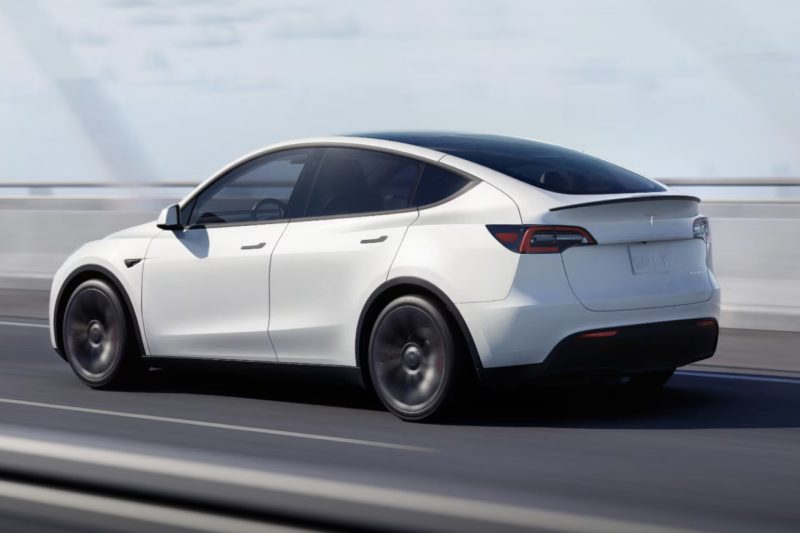In a recent move that has taken many Tesla Model Y owners by surprise, the company has announced plans to offer an optional software upgrade that would enable an extended range for some vehicles. This decision has sparked a conversation within the electric vehicle community regarding the implications of such a move on consumer trust and the company’s business model.
Tesla has built a reputation for pushing boundaries in the electric vehicle industry by continuously updating its software to enhance the performance and capabilities of its vehicles. While this approach has been well received by many customers who appreciate the constant improvements, the decision to charge Model Y owners for an extended range has raised concerns among some consumers.
The idea of paying extra to unlock a feature that is already present in the vehicle has left some customers feeling frustrated and questioning the fairness of Tesla’s pricing strategy. While it is not uncommon for companies to offer optional upgrades or features for an additional cost, the decision to charge for an extended range that is already built into the vehicle has struck a nerve with some Model Y owners.
Beyond the immediate backlash from consumers, Tesla’s move also raises broader questions about the implications for the electric vehicle market as a whole. As more automakers enter the electric vehicle space and competition heats up, companies like Tesla will need to carefully consider how they balance their business interests with maintaining consumer trust and loyalty.
One of the key factors that has contributed to Tesla’s success is its ability to build a strong community of loyal customers who are passionate about the brand and its vision for a sustainable future. By charging Model Y owners for an extended range, Tesla runs the risk of alienating some of its most ardent supporters and eroding the trust that has been crucial to its growth.
In a market that is becoming increasingly crowded with electric vehicle options, companies will need to navigate the delicate balance between generating revenue and maintaining customer satisfaction. While offering optional upgrades can be a lucrative revenue stream, companies must be mindful of how such decisions are perceived by consumers and the impact they may have on brand loyalty.
As Tesla moves forward with its plans to charge Model Y owners for an extended range, it will be interesting to see how the company addresses the concerns raised by consumers and whether this decision will have any lasting effects on its reputation in the electric vehicle market. Ultimately, how Tesla handles this situation could serve as a litmus test for how companies in the electric vehicle industry balance innovation, profitability, and consumer trust.

